Centre stage, there’s an industrial-looking black platform, secured by cables. The Three Ladies snap the unconscious Tamino on a mobile phone. The Three Boys look like Gollum in a fright wig. And Papageno, dressed as an ageing vagrant, simulates urination (at least I hope that’s what it was) into an empty wine bottle. Simon McBurney’s production of The Magic Flute could have been designed to raise the collective blood pressure of Against Modern Opera Productions, the Zeffirelli-worshipping Facebook group that’s opera’s equivalent of the Mail on Sunday letters page.
In fact, I sat through Act One with a growing feeling of joy, wonder and admiration for how comprehensively McBurney has solved every problem implicit in staging Mozart’s sublime Enlightenment panto in a barn like the Coliseum. In short, he’s made it into a West End show, with spectacular visual effects (for once, the trials by fire and water actually looked threatening) and an unflagging determination simply to tell the story as clearly and entertainingly as possible.
By way of scenery, video and sound artists contribute playful chalk doodles and atmospheric booms and rumbles — all created in real time. The orchestra spills out of the pit, and the flautist actually takes to the stage for her big solo before being ushered back down with an appreciative pat on the shoulder from Allan Clayton’s Tamino. It’s intensely engaging: McBurney acknowledges the artificiality of the whole set-up while creating an enveloping atmosphere of enchantment and warmth that involves everyone present in the piece’s philosophical and emotional truths.
But if the charm of the first act carries all before it, the central performances pull Act Two into powerful focus. Clayton’s handsome tenor makes for a Tamino with a heroic edge, and as the Queen of the Night (Stephen Jeffreys’s translation restores her title of ‘Star-flaming Queen’) Ambur Braid spits out her high notes with believably human bitterness, even when confined by McBurney to a wheelchair. Peter Coleman-Wright’s grizzled Papageno is world-weary rather than carefree, for all his grungy comic business.
But in Lucy Crowe’s performance, it’s Pamina who emerges as the central figure. Dressed in white, Crowe clambers gamely — like all the cast — as McBurney’s floating platform tilts and swings about the stage. She manages to convey both courage and vulnerability — in any other house, the luminous, piercing beauty of her great Act 2 aria of loss would surely have drawn an ovation. When she steps forward into a square of white light to share Tamino’s ordeals, the effect is of an almost Wagnerian moment of transcendence.
Crucially, McBurney takes the goodness of Sarastro (James Creswell, warm-toned and compassionate) and his order at face value, making the final gesture — Sarastro stepping from the rejoicing crowds to extend a hand of forgiveness to the withered and broken Queen of the Night — heartbreakingly poignant. Apparently, the first outings of this production in 2013 dragged badly. Thanks to Mark Wigglesworth and a glowing ENO orchestra, this emphatically doesn’t. It’s a true company achievement, and a life-enhancing, gloriously creative example of what opera in the 21st-century West End can be.
If McBurney makes The Magic Flute more than a mere opera, Tim Albery’s Opera North production of Così fan tutte identifies the work’s central problem — its misogyny — and locks on with sadistic intensity. The costumes, tastefully colour-coded, are beautifully period-appropriate; the cast is well matched and the singing is generally good. The set is a two-storey camera obscura, apparently the property of William Dazeley’s reptilian Don Alfonso. Dressed as a philosophe he’s onstage during the overture and interval, wine glass in hand, peering coolly at the audience with a knowing smirk. At crucial moments in the action he stands aside, scrutinising the subjects of his experiment and looking for all the world like Salieri in the film version of Amadeus.
The wager is made and the front of the camera flies up to reveal the guinea pigs within, Fiordiligi (Máire Flavin) and Dorabella (Helen Sherman). Ferrando (Nicholas Watts) and Guglielmo (Gavan Ring) go about their hoax with winning smiles and raised eyebrows: the sisters remain brittle, inhibited and anxious — openly mocked by Ellie Laugharne’s spiteful Despina. Then they begin to crack. Flavin’s Fiordiligi distractedly paces her prettily decorated torture chamber, piling up bits of furniture into a pitiful little barricade. Meanwhile Mozart’s score chuckles away, Jac van Steen making the Opera North orchestra sound as buoyant and colourful as a period instrument band, with a fortepiano player of impeccable comic timing.
The plot runs its course, the music celebrates, but the four characters finally step out of the experiment looking confused and unhappy. It’s a thought-provoking evening, and one that continues to trouble me: a production of a Mozart comedy that actually makes you feel worse about being a human being. Well, one with a Y chromosome, anyway.
Got something to add? Join the discussion and comment below.
Get 10 issues for just $10
Subscribe to The Spectator Australia today for the next 10 magazine issues, plus full online access, for just $10.

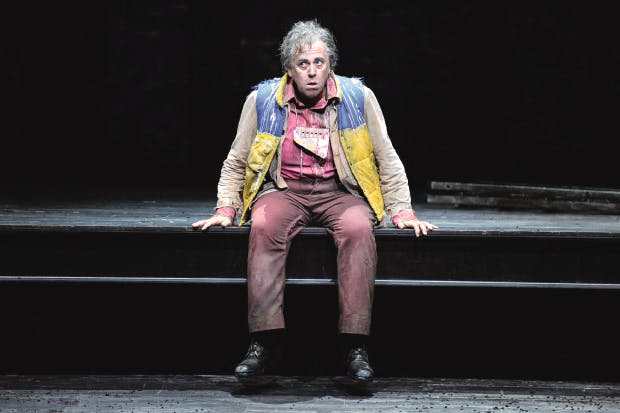
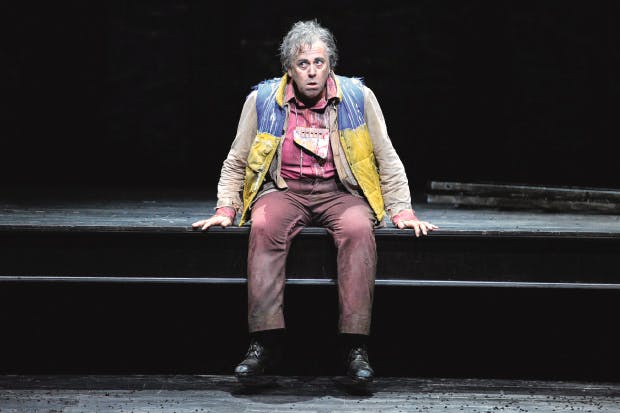
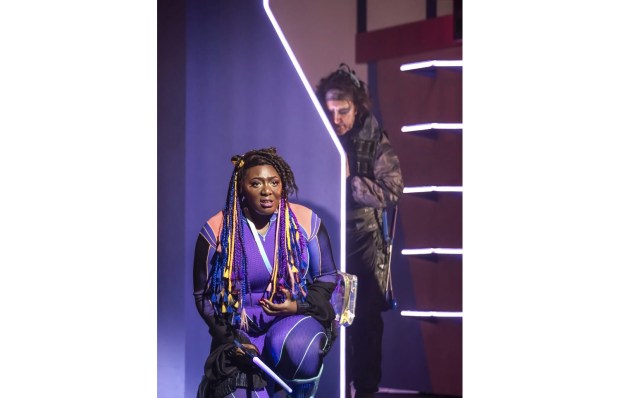

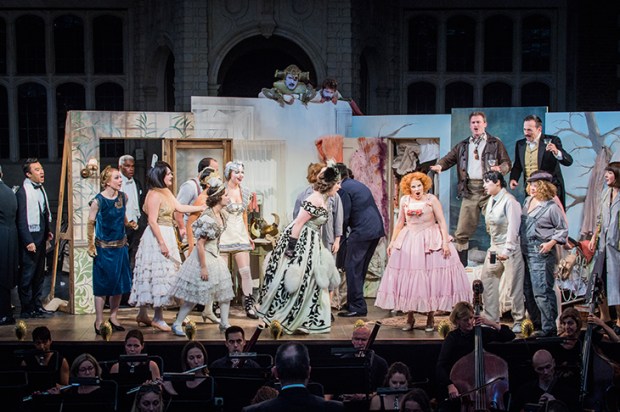
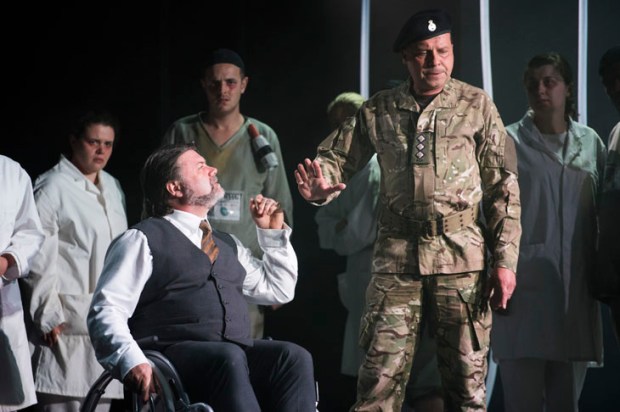
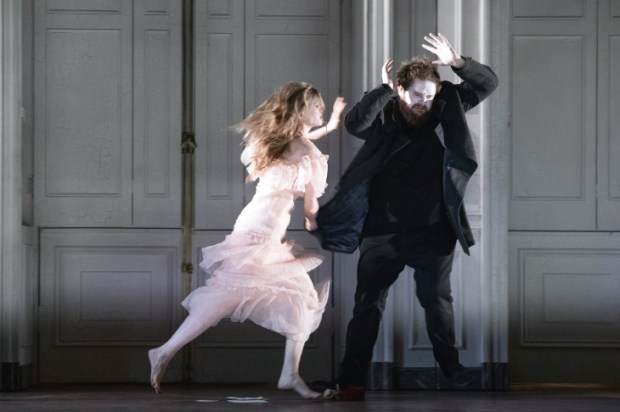






Comments
Don't miss out
Join the conversation with other Spectator Australia readers. Subscribe to leave a comment.
SUBSCRIBEAlready a subscriber? Log in